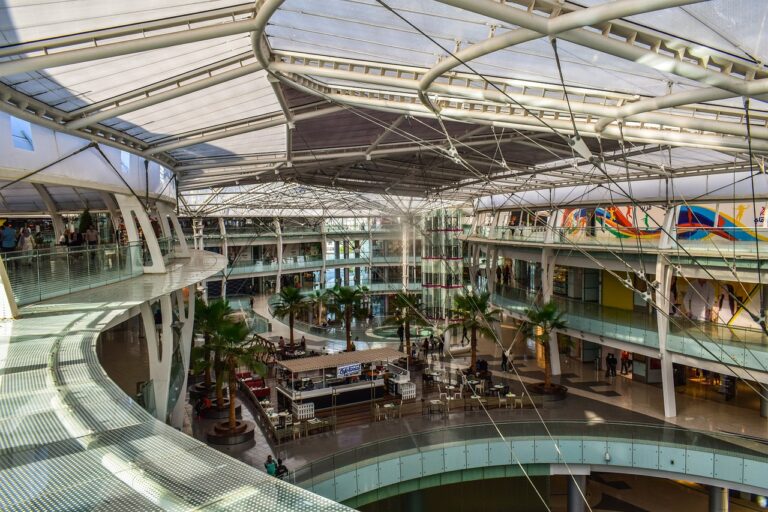The Impact of Sustainable Fashion on Food Security
Sustainable fashion has gained significant attention in recent years due to the environmental impact of the textile industry. As consumers become more conscious of their purchasing decisions, there is a growing demand for ethically produced clothing that minimizes harm to the planet. By incorporating sustainable practices in agriculture, such as organic cotton farming and utilizing eco-friendly dyes, the fashion industry can reduce its carbon footprint and contribute to a more sustainable future.
In parallel, agriculture faces its own set of challenges in terms of sustainability. With the global population steadily increasing, there is a greater need for food production that is both efficient and environmentally friendly. Implementing sustainable agriculture practices like crop rotation, integrated pest management, and soil conservation can help ensure a reliable food supply while preserving the health of the land for future generations.
Challenges in Food Production
While advancements in technology have greatly improved food production globally, challenges still persist. One significant issue is the impact of climate change on crop yields. Erratic weather patterns, such as droughts, floods, and extreme temperatures, can lead to crop failure and food shortages. Farmers must constantly adapt their practices to mitigate the effects of these unpredictable changes in the climate.
Another challenge in food production is the loss of biodiversity in agriculture. Monoculture farming, where a single crop is grown extensively, can deplete the soil of nutrients and make it more susceptible to pests and diseases. This lack of diversity in crops also affects the ecosystem, as it disrupts the natural balance and can harm beneficial organisms such as pollinators. Promoting agroecology and sustainable farming practices is essential to combat this loss of biodiversity and ensure long-term food security.





